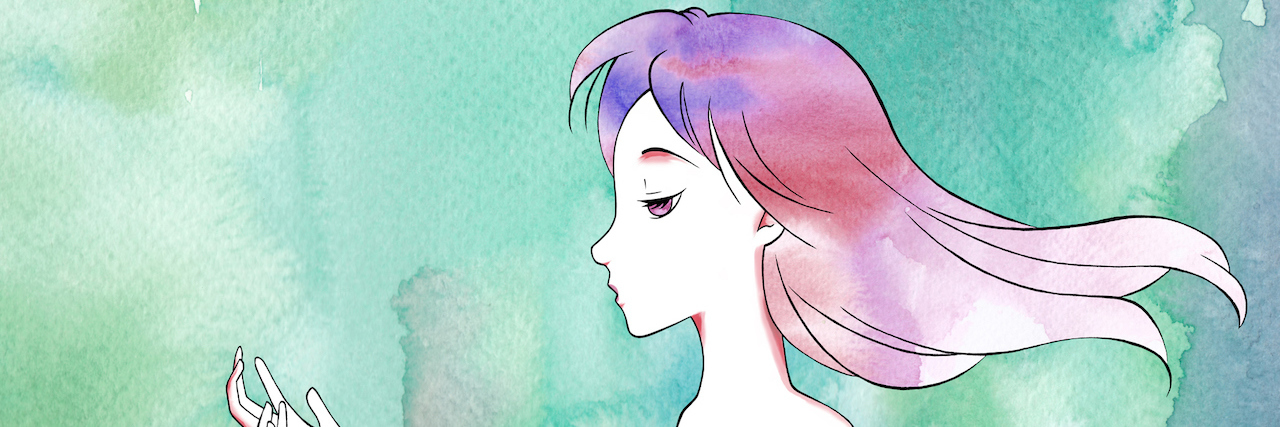“You didn’t look anxious!”
This statement can be really encouraging if you have just given a presentation, met someone new or performed for a crowd, but there are other times that looking calm has its downsides.
I’ve had severe anxiety (both social and general) since I was 11 years old. That’s 14 years of practice looking calm when the panic rises. That is not to say I’m always trying to look calm. Most of the time my focus is not on looking calm, but only on surviving the moment and not throwing up or fainting. I always considered looking calm to be a positive, something to strive for. That is what was taught by all my teachers: look confident, stand up straight, make eye contact, never show that you’re nervous. Only in the last year since starting treatment have I realized that showing your vulnerability, your panic, can be important.
When I first went to my doctor for help for my anxiety, she was understanding and helpful. However, a few appointments later, I had my worst panic attack ever while talking to the doctor. She was kind and helpful even when I threw up in the office. Ever since this incident, my doctor has taken my anxiety more seriously. She identified my anxiety as “severe,” gave me stronger medications and a referral to a psychiatrist. Would these steps have been taken if I had not (inadvertently) shown my vulnerability? Perhaps, but I believe it would have taken much longer and a lot more explanation on my part.
Again, I had a very similar experience with my own mother. It took many years to convince my mother I needed help and that my anxiety was not just normal shyness and regular worries. For years, she told me to stop complaining, to be stronger and less sensitive. It wasn’t until my mother witnessed a full-blown panic attack that she started to change her mind and support me. We were out in public and I became so dizzy that my mother had to half hold me up and guide me to a chair. Ever since, my mother has been much more understanding and is more accepting of my need for help.
When I started seeing a psychiatrist, I thought it was best to appear as calm and collected as possible. After many years with anxiety, I’ve become an expert at looking calm even when panic is taking hold. However, after nearly two years of struggling to get help, I have come to the conclusion that this façade was not helping me, but was actually a barrier to getting help. I always got the feeling that he did not take me seriously and thought that treating my anxiety was frivolous. He would tell me that there was nothing he could help me with as I was “high-functioning” (don’t even get me started on that term). Even when I finally decided to try to let my anxiety show, I discovered that hiding it had become so ingrained, I was not able to convey the intense anxiety I felt inside. The last time I saw my psychiatrist, I was told that I “looked better” and was denied any further treatment based on this one observation, no matter how much I tried to explain the torment I feel inside.
These experiences, although frightening and frustrating, have taught me to try to allow my anxiety to show (at least occasionally). I have realized that other people cannot see my “invisible illness” and I need to verbalize how I feel more clearly and more often. Hiding my anxiety “feels” right, but it does not do me any favors.
We want to hear your story. Become a Mighty contributor here.
Thinkstock photo via pop_line

